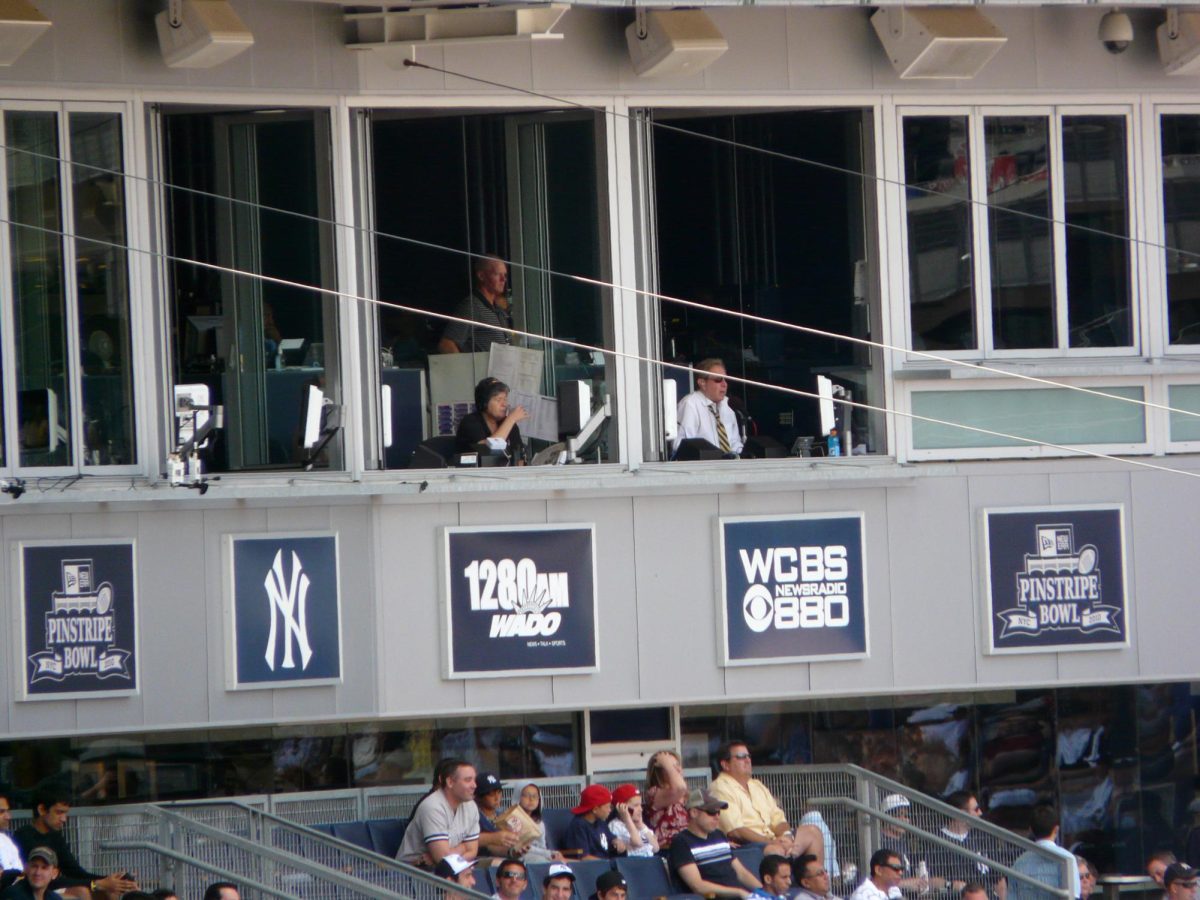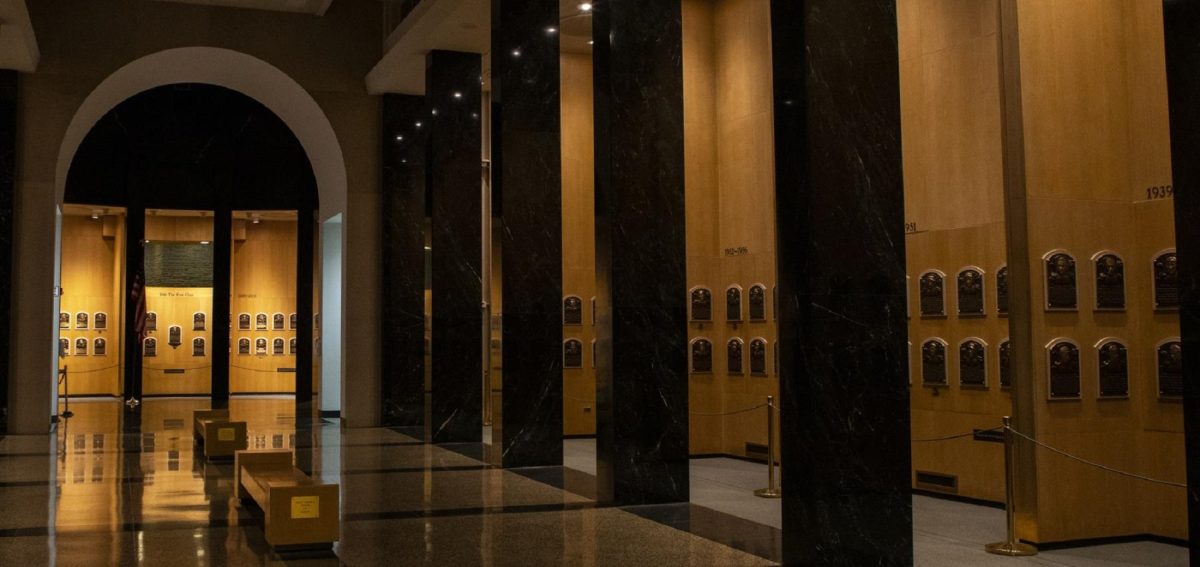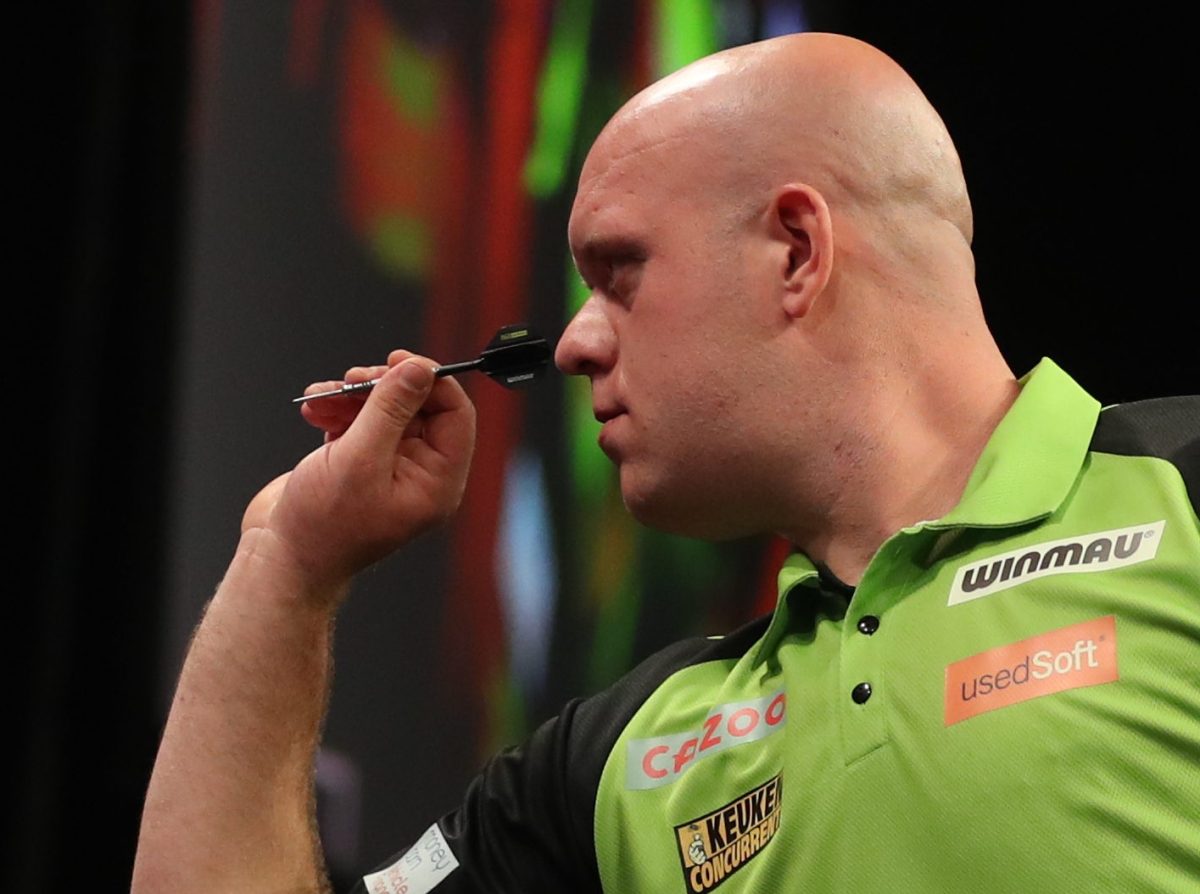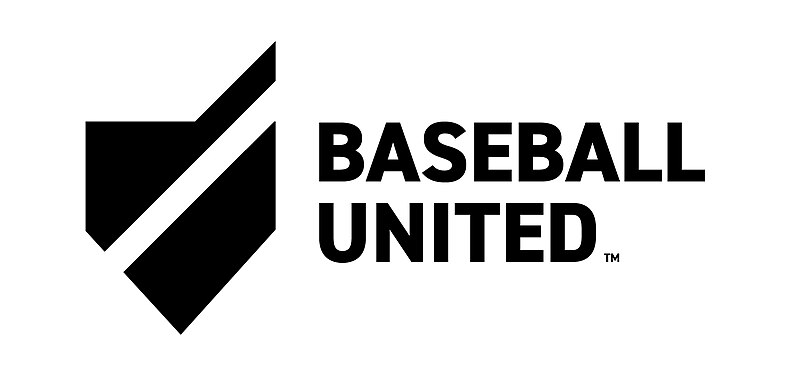During game four of the highly contentious Braves-Phillies National League Division Series, I received a WhatsApp message from my dad (I make him use WhatsApp because he has a Google Pixel and I can’t stand green bubbles on iMessage): “Can you please settle a bet? Which team is more despicable? The Braves or the Phillies?”
I’m sure this question is not an entirely rare one for a father-son duo of die-hard Mets fans. I responded within a minute because I’m a good son: “The Braves, of course. I can’t stand winners.”
Boy, were the 2023 Atlanta Braves winners…regular season winners. The Braves mashed (and mashed, and mashed…) the ball in a truly historic run, ending the regular season with 104 wins, good enough for first place in the NL East; 307 total home runs, tying the all-time MLB record; and a team slugging percentage of .501, an all-time MLB record.
And yet, at the end of their extraordinary regular season, the Braves disappointingly lost to the Phillies, only accruing one win in the playoffs and losing in the first round just as they did last year. I’d say that’s despicable.
Many were quick to note that the new playoff format in 2023 disadvantaged the Braves, citing that the five days before their first game with the Phillies could have left the team with some unwanted rust.
Atlanta’s stache-adorning ace Spencer Strider disagrees with the notion that the extra rest factored into their disappointing series loss to Philadelphia.
“The people trying to use the playoff format to make an excuse for the results they don’t like are not confronting the real issue,” Strider told reporters in a post-game interview. “You’re in control of your focus, your competitiveness, your energy. If having five days means you can’t make the adjustment, you have nobody to blame but yourself.”
The 2023 MLB regular season was defined by introducing new on-field rules, including larger bases, the return of nine innings, doubleheaders and the elimination of the shift, which affected every team.
However, the change in playoff format might end up being the most significant for teams vying for a chance at a championship. For the first time since the shortened 2020 season, each league saw six teams make the playoffs, consisting of three division winners and three wild-card teams. During the 2022 season, the playoffs consisted of only 10 teams — five from each league (three division winners and two wild cards).
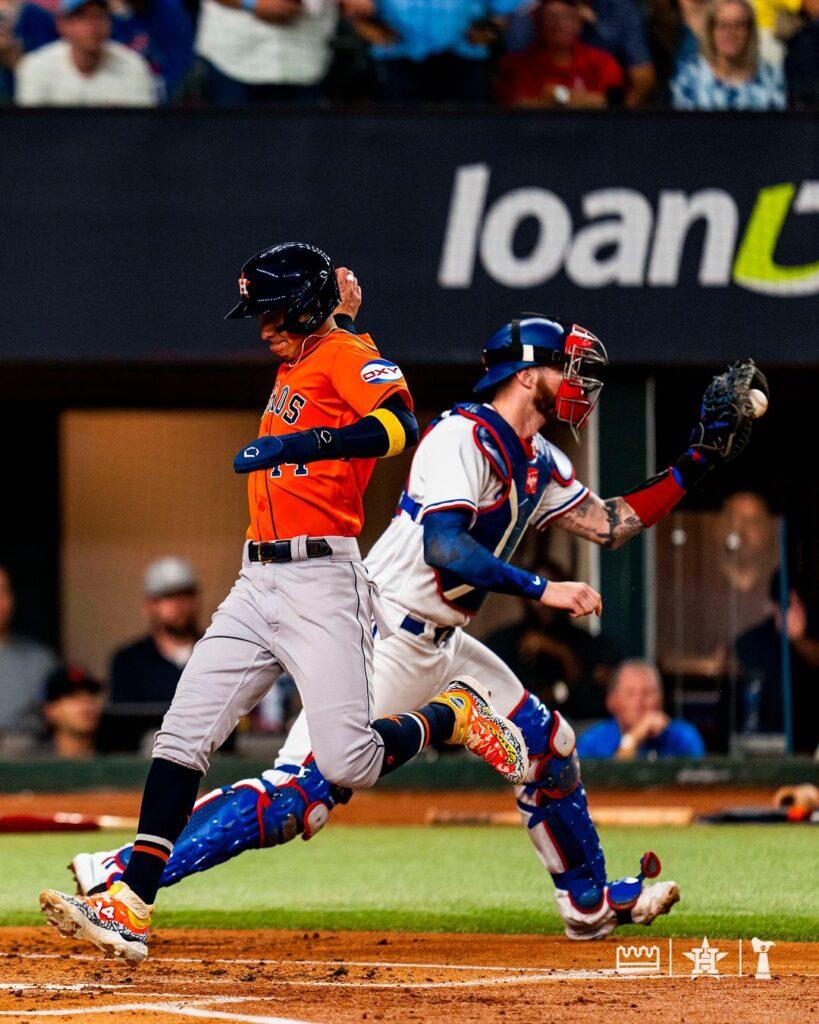
The impact of adding two teams to the playoffs is even, perhaps, understated. For example, this year’s trade deadline was notoriously a seller’s market, as more teams than ever before believed they had an opportunity to make a deep playoff run. I believe this is a trend we should expect to continue under the current playoff format, especially considering the recent success of wild-card teams such as the 2022 Phillies and the 2023 Diamondbacks.
More teams will now adopt a roster-building philosophy that solely prioritizes getting to the playoffs and leaving the rest to chance — in understanding the inevitability that the playoffs will be somewhat of a crapshoot.
Of course, the current nature of the MLB playoffs shouldn’t be that surprising in the wake of an arduous 162-game regular season, which does more than enough to account for randomness with such a large sample size. Nevertheless, I find it interesting to consider some alternate playoff formats, which would permit MLB to better consider the results of the regular season.
The first alternative would be to adopt a seven-game series after the wild-card round. This is essentially the NBA’s approach to the playoffs. Despite the NBA season consisting of 82 regular season games, hardly anyone complains about too many NBA Playoff games.
The playoffs are MLB teams’ opportunity to dominate public sports discourse, and yet they don’t take full advantage of it. MLB can learn from the success of the NBA Playoffs by making the series a seven-game set (maybe with a 3-0 sweep provision).
Another possible playoff approach would be to give the bye team an automatic win in the Division Series, borrowing from the Korea Baseball Organization’s playoff format. I think this is intriguing, but I see issues arising in how seeding is currently decided — with the three highest seeds going to division winners, but not necessarily the teams with the best overall records.
Now, of course, MLB could just remove the playoffs in its entirety. Let’s call this one the “Premier League approach.” However, for this approach to be remotely fair, MLB would have to do away with the concept of divisions and leagues as they currently stand because every team would theoretically need to play every other team an even number of times.
I’m not sold on this idea either, as division races and division titles are some of the most fun and exciting baseball can get. Also, the playoffs are great! They’re just not commensurate to the extent to which the regular season matters.
The Athletic reporter Ken Rosenthal suggests reseeding after the first wildcard round to ensure that the top seeds always play the bottom ones, regardless of how the playoff bracket was originally formatted. I think that this sort of change is not only sensible but also realistic.
It might even be enough to help out the “despicable” Braves next year.








